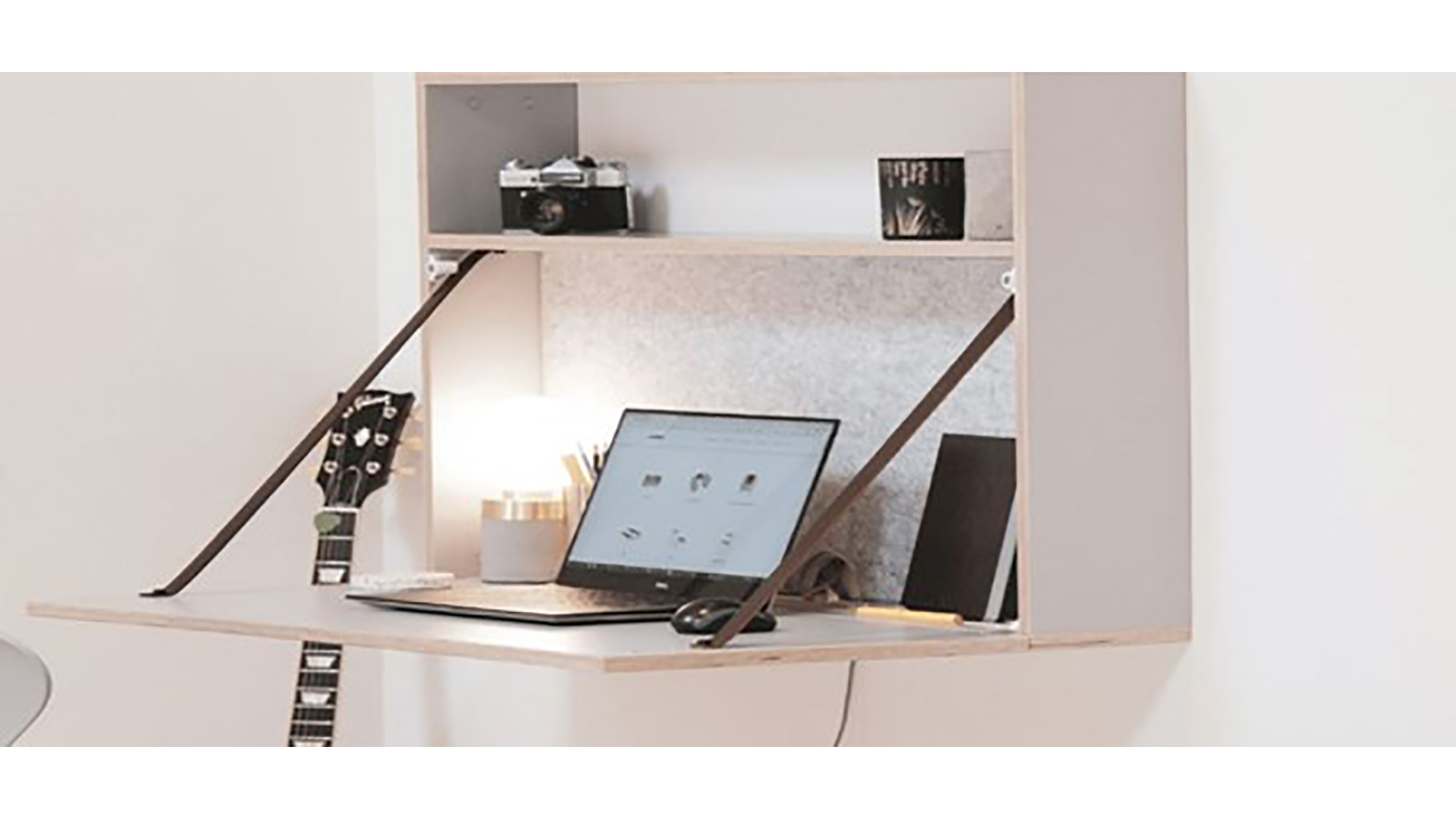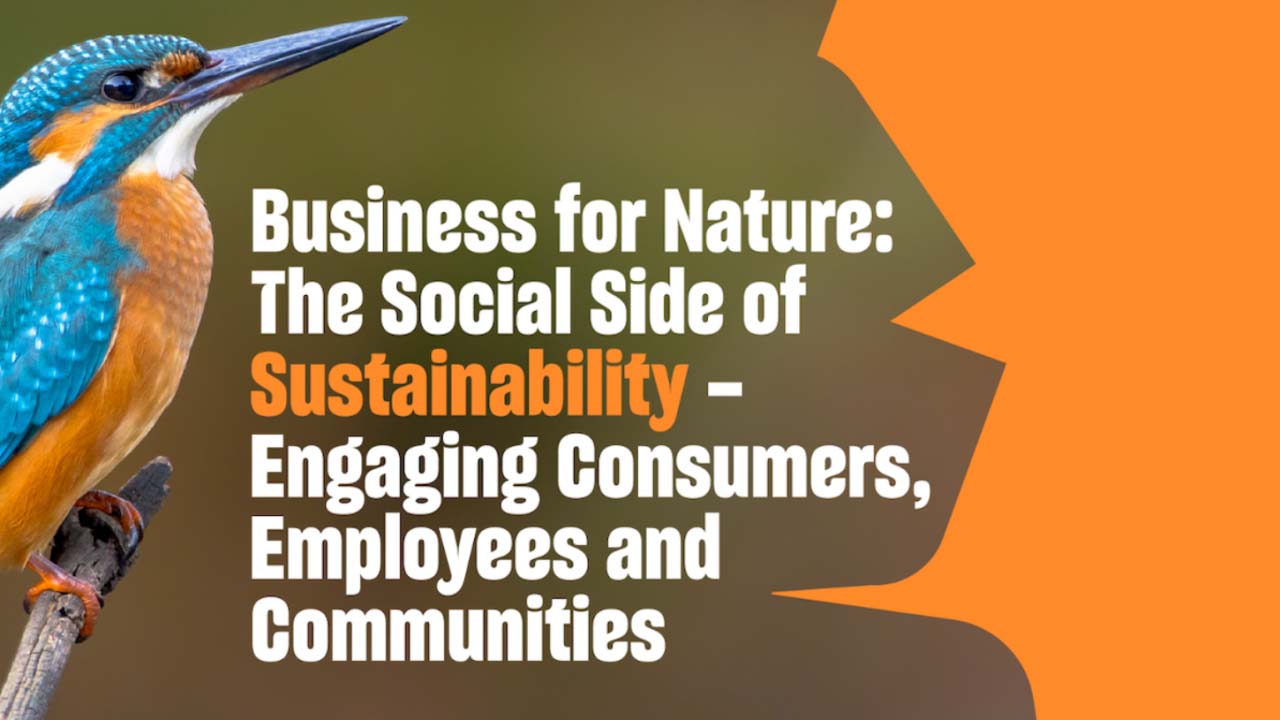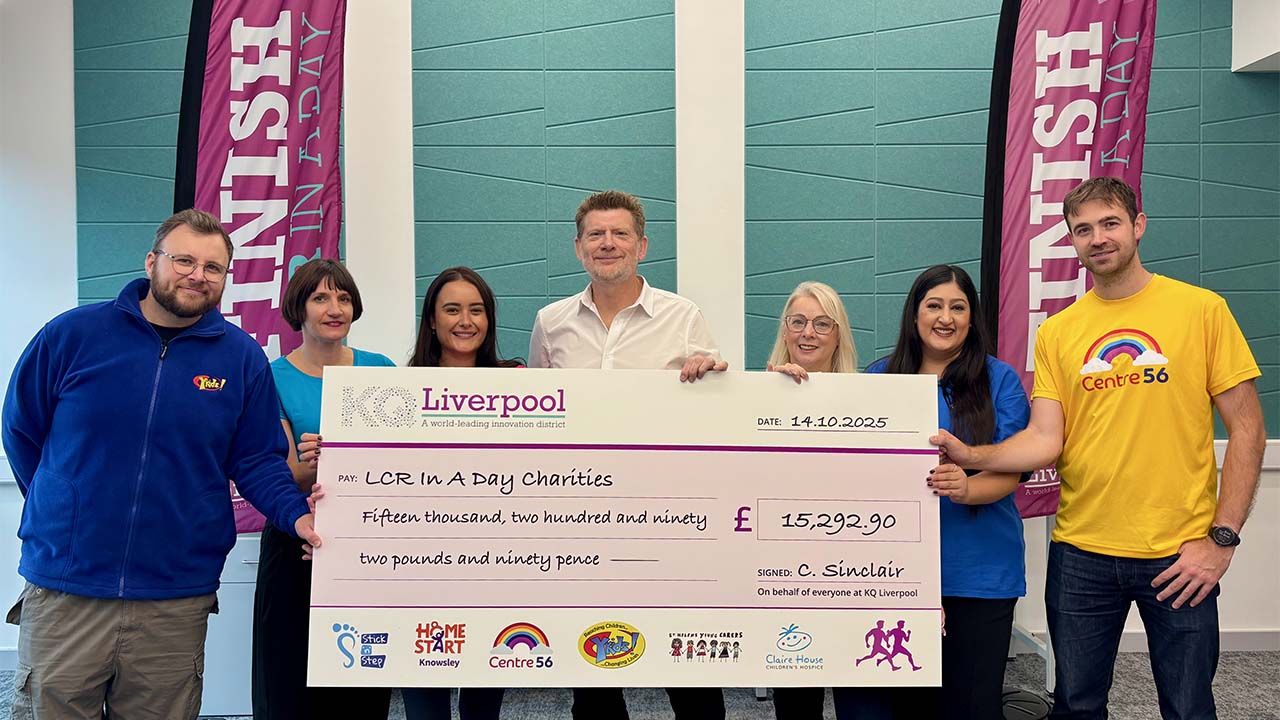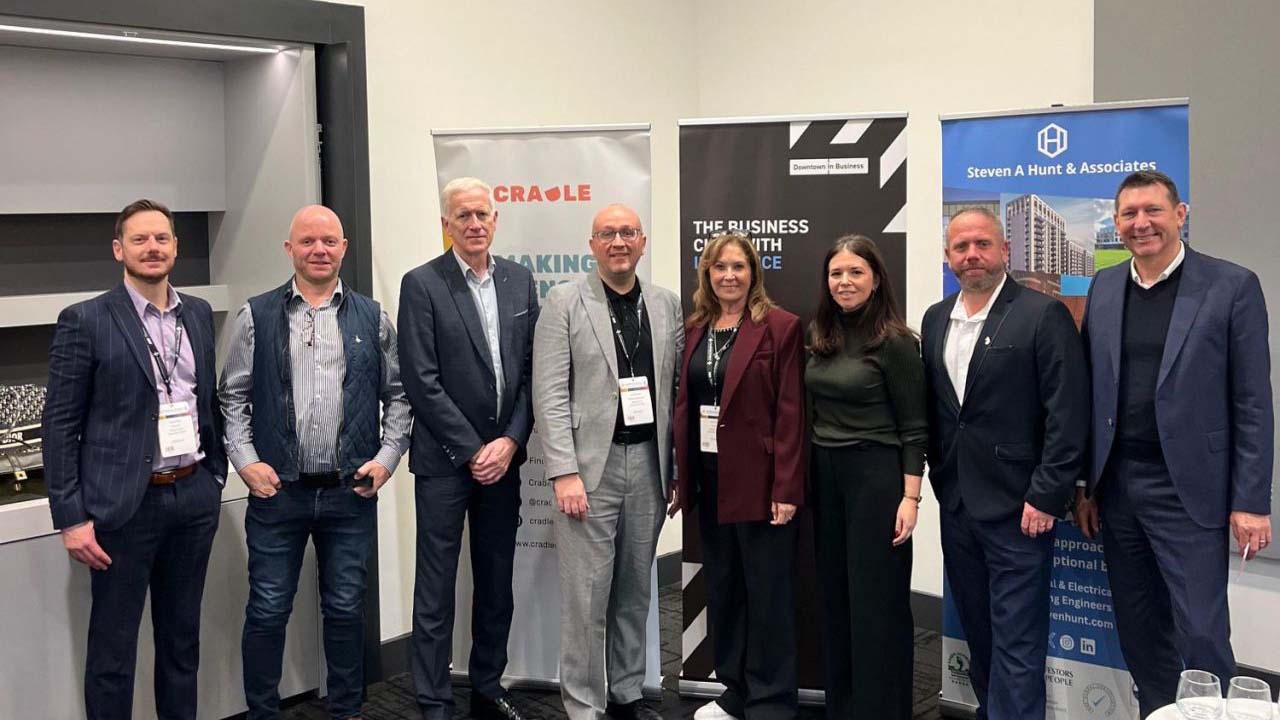Back in March when we were hit with our first lockdown, many of us had to quickly adapt and alter the way in which we work mainly by moving to working from home. Most of us assumed this would be temporary and so have since ‘set up shop’ on our dining room tables, sofa’s, beds or anywhere we could attempt to sit and concentrate for the day.
The Office for National Statistics have recently reported that only half of UK workers had returned to their workplace at the end of August, with many still working from home it’s not surprising that this may be the ‘new normal’ for many, hopefully with some flexibility thrown in. This brings new challenges to all businesses but none that cannot be overcome if dealt with collaboratively and with employees best interest in mind.
With the 2nd lockdown looming, the prospect of flexible working being a permanent fixture for many and people’s mental health becoming an increasing concern it’s time to review our at home working habits and make some changes for the better of our physical and mental health.
Having collectively worked within the workplace for many years and subsequently having an ingrained interest and understanding in wellbeing we wanted to share some of Pi’s tips for a healthier, more productive lockdown – series 2.
1. Your environment – If you are reading this article (thank you) then stop for a moment, take a look around you and take stock;
• Are you sat in a task chair to support you ergonomically? If not, reach out to your employer and see if there is a way to borrow a chair from the office or if they have considered a work from home budget.
• Are you at a desk or with your laptop literally on your lap? Again, speak to your employer about this. If you are short on space there are some really cool options out there at the moment such as desks that attach to a wall and fold away as shelves (pictured above is an example from Frovi but there are other options in the market). Your posture will thank me for this advice in the future
• Do you have to slouch to use your laptop/PC/tablet? If yes, there are many products online now at a reasonable cost to elevate your screen to eye level – this is important for your back and neck health
• How is your lighting? This is so important as we delve into winter – If it’s rubbish, buy a desk lamp!
• Can you shut off from the distractions of the house? If not, consider moving the workspace completely, mine is upstairs in my back bedroom, if that’s not possible, buy a headset.
• Make the space personal to you – have an accent wall, get some planting, artwork, anything that you love that can make you feel comfortable.
I know what you’re thinking, that most of the first tip involves some sort of monetary investment but if you know where to look there are some great products out there at very reasonable prices and it is worth it believe me – feel free get in touch with me if you need help on this.
2. Applying the clean desk principle at home too – Space at home will be smaller than what you potentially had in the office which is why it’s even more important to keep the space organised. This includes your wires/cable management. Studies show that people are much more productive when their workspace is not cluttered. At the end of every day, clear your workspace.
3. Create a routine that works for you and stick to it – Without a routine, the lines between work and personal time can become blurred and be stressful to get right. Get up at the same time every day (I know it’s tough in the dark winter mornings, I have just ordered a lumie alarm clock – hoping this will help), get dressed, try using your normal commute time as time to exercise and get energised, even some light yoga to stretch out is great – there are some great 10 minute yoga videos on YouTube. Or use this time to listen to music or a podcast, whatever works for you but use this time wisely it may not be available to us forever. Most importantly, when your workday stops, you stop – close down your laptop/PC/tablet and make your way into a different space for either the whole evening if you can or just half an hour to reset if your workspace is also your living space.
4. Stay connected – Make time to socialise virtually both with your colleagues (as they are probably feeling lonely too!) and with your friends and family. Once lockdown has lifted meet for a coffee or lunch dependant on current social distancing guidelines. Personally, when at home all day every day I feel isolated so it’s important to keep our interactions going to boost both their and your mental health.
5. Be mindful of not giving yourself a break – Working at home can make us feel like we have to be available all the time but just being there can sometimes be counterproductive if you are not allowing your brain a break. It’s called ‘presenteeism’ and it happens a lot in the workplace. Therefore, making time for breaks is important, it also helps manage feelings of stress. If possible set a time for you to go for a walk, make a coffee, play with an animal if you have one, anything just to get away from that screen for 10 minutes.
7. Nature, nature, nature – I think we have all learned this year how important getting out in nature is, so here is your reminder to continue to do so – yes, even in the winter months – that’s what wellies and umbrellas were invented for!
8. Be kind to yourself and to others – Be kind to yourself and acknowledge that you might not be as productive as you usually would be, we have never been in such a strange situation before! Be realistic about what you can achieve given the circumstance and relax when your work is done. Try and limit your news/social media time. Be kind to others by checking in on people, supporting local businesses and sharing good news/feedback stories because lord knows we all need them right now!
Thanks for reading, I hope that I can even help one person with some of these tips but if you need any help/advice on your home set up please email me at [email protected] we will be working as normal (maybe even harder actually!) throughout lockdown series 2.
Take care, stay safe and see you on the other side!
Words by Hannah Floyd, Director of Pi Sq









